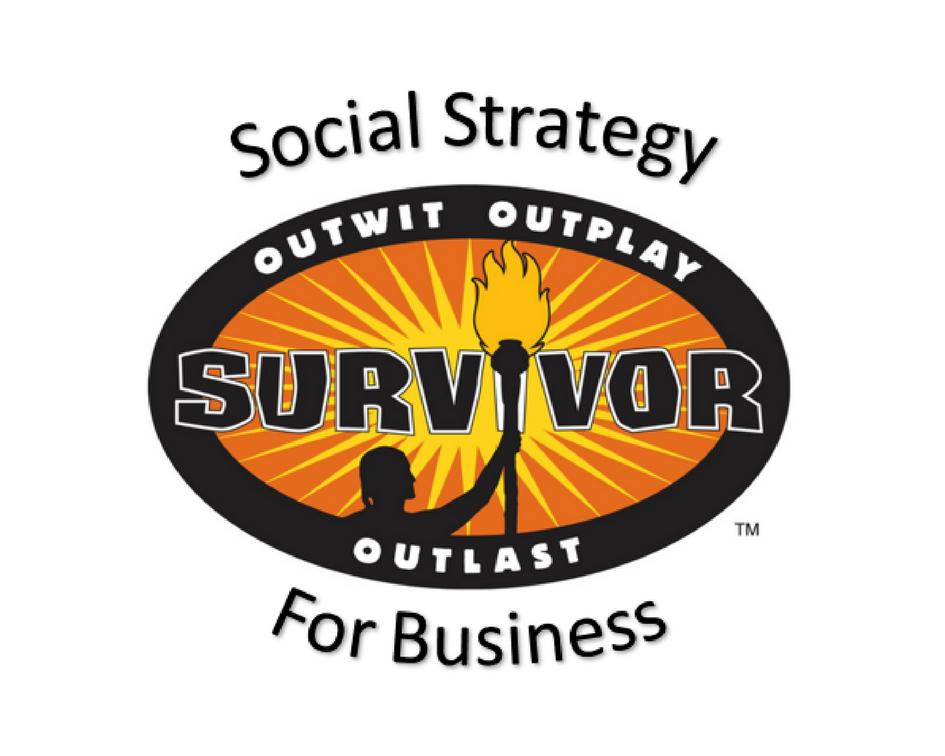Social strategy games are a great educational opportunity.
A group of friends and I occasionally play an online adaptation of the popular reality TV game show, Survivor. Over time, I’ve noticed five important concepts that apply both in-game and in the real world as well.
1. ) Engagement is important.
In Survivor, social engagement is the difference between winning and losing. The first people to get voted out are those who communicate the least. Similarly, if a business (especially a small or new one) is not actively engaging with its audience, it will lose. Humankind was born social and if that social nature is not satisfied, people will move on and not look back.
2.) Honesty is valued.
If a player is known or suspected to be untrustworthy, they will be voted out of their Survivor tribe. Additionally, when the jury is voting to decide the winner, people often won’t support someone who has lied to them. Those who play a fully honest game are rare, impressive, and respected. Same goes for companies: would you knowingly support a group who you wouldn’t trust?
3.) Vulnerability is an asset.
Being vulnerable makes you come across as non-threatening and more human. I don’t mean the sort of vulnerable that makes you a pathetic whiner, however. I mean the kind of vulnerability that isn’t afraid to admit that you aren’t 100% sure what’s going on all of the time. The kind of vulnerability that says “I’m not the greatest, but I’m still going to give it my best shot”. People can relate to that and it makes them more open to supporting you.
4.) Choosing the right allies is crucial.
A lone wolf isn’t going to make it. To be successful in both Survivor and business, you need the right people on your side. Simply seeking the most powerful person in the game won’t cut it, though. If your ally is too powerful, those on your level may consider you a threat. It is far better to have a large circle of individuals who have similar values and slightly more skill than you. Aligning with a powerhouse may get you far at the start, but if something happens to them, you may find yourself on the chopping block next. A large network comes with a large amount of support.
5.) It’s okay to be second place.
We’re always told to “go for the gold” and aim high. That’s great! However, if it means playing the game in a way that will tarnish people’s respect for you, it may be better to settle for second. If you can make it to first place in an honorable fashion, by all means, do so! Just remember, if gaining the win means stooping to unscrupulous levels, you may be better off being second or third. Wouldn’t you rather be respectable for the long-term than a winner in the short-term?

Leave a Reply